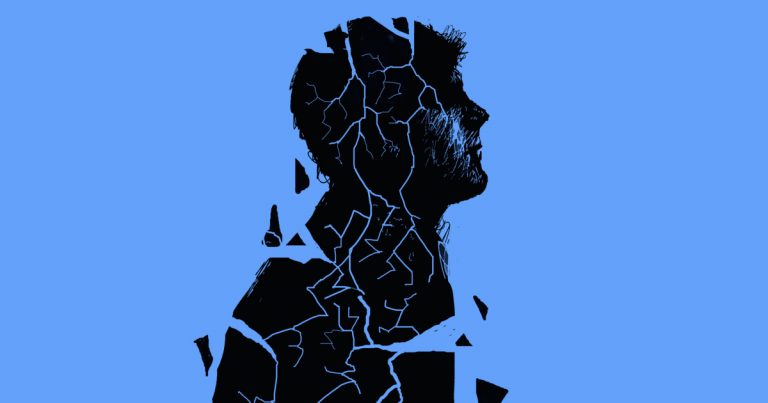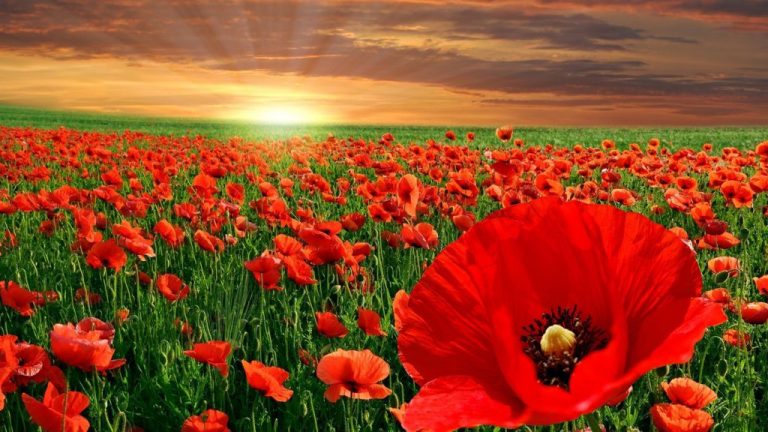OK…. First of all let me just say… I’m not depressed right now. If I was, I wouldn’t be able to write this article. Thankfully, I haven’t experienced that horrible pain and darkness for some years now. As it turned out, all I needed was a bit more sunshine (literally as well as figuratively), so living here in Tenerife has pretty much “cured” me. More of that later. I did, however, suffer from depression for many years, and a chance recent encounter with a fellow sufferer has prompted me to spill my guts here in case any of my experiences can help to educate those who are lucky enough never to have experienced the condition.
Let’s get a few things clear right from the start. Depression is not just feeling a bit shitty. It’s not something you can “snap out of”, and most certainly is not something you can conquer by “cheering up”.
Depression is real pain. It is as real and as debilitating to sufferers as the pain from a broken bone or a knife wound, and can require the same professional care and rehabilitation.
When I was a child and later as a teenager, depression was treated as something very minor which could be overcome with a bit of “will power”, and the traditional British “stiff upper lip”. The fact that I couldn’t just smile sweetly and carry on like nothing was wrong marked me out as a “wuss” or worse. The stigma that could be experienced by a teenager having to visit a Child Psychologist was so great that the place where I met him had a hidden entrance (and I’m NOT kidding. The child psychology department of Nottingham General Hospital at that time was in an unmarked house with a secret back door!)
Happily, the stigma associated with mental illness is at last beginning to subside, but nevertheless there are still too many people out there who fail to recognise depression as a true illness, and think that they can “cure” their depressed friends and family members by merely telling them to “cheer up”.
We’re not idiots or educationally challenged. On the contrary, numerous studies have proved that the incidence of depression is often directly proportional to IQ. (I’m not trying to set myself up as being some kind of genius by the way. I’m just making the point that having depression doesn’t make you “thick”!) If it was possible to just “cheer up”, don’t you think that we’d have worked that out for ourselves?
It occurred to me on more than one occasion, when someone uttered those words “Cheer up, mate”, that maybe I should kick said person in the family jewels and repeat the phrase back to them, because that is the kind of pain they were trying to address with such a flippant comment. Imagine for a moment that level of pain, not just for a few minutes but often for weeks at a time; a pain that is chronic and unrelenting that cannot be treated with any known pain killer. Imagine a toothache which pounded on for weeks and was resistant to all known treatments. That is what depression can feel like. Would you tell someone with that kind of physical pain to just “cheer up”? I really hope you wouldn’t!
It turned out that my own bouts of depression were linked to something called “SADS” or “Seasonally Affective Disorder Syndrome”, a lack of certain brain chemicals caused by lack of sunlight. If anyone (including me) had bothered to correlate my visits to the psychology department with the time of year and the weather, it would have been pretty obvious that there was a link, but still, to this day, the existence of SADS as a true medical condition is doubted by some doctors.
Alongside other conditions like ADHD (of which I have anecdotal evidence that I may also have suffered as a child, but the official diagnosis didn’t exist when I was at school) and panic attacks, SADS is often viewed by those fortunate enough not to suffer from it as “an excuse for malingerers”, but I can assure the reader that they are all very real and extremely debilitating.
So…. Next time one of your friends is depressed, don’t…. and I repeat DO NOT tell them to cheer up. Doing so will just remove you from the list of people they feel they can talk to…. And the one thing that so many of us need when we’re suffering that pain is a friend we can talk to. Not someone who will try to “fix us” with platitudes or try to “solve our problems”. Just someone who will sit and listen. If you can be that person who can just lend an ear without judgement or unwanted advice, you will truly be helping. You will be a real friend.

